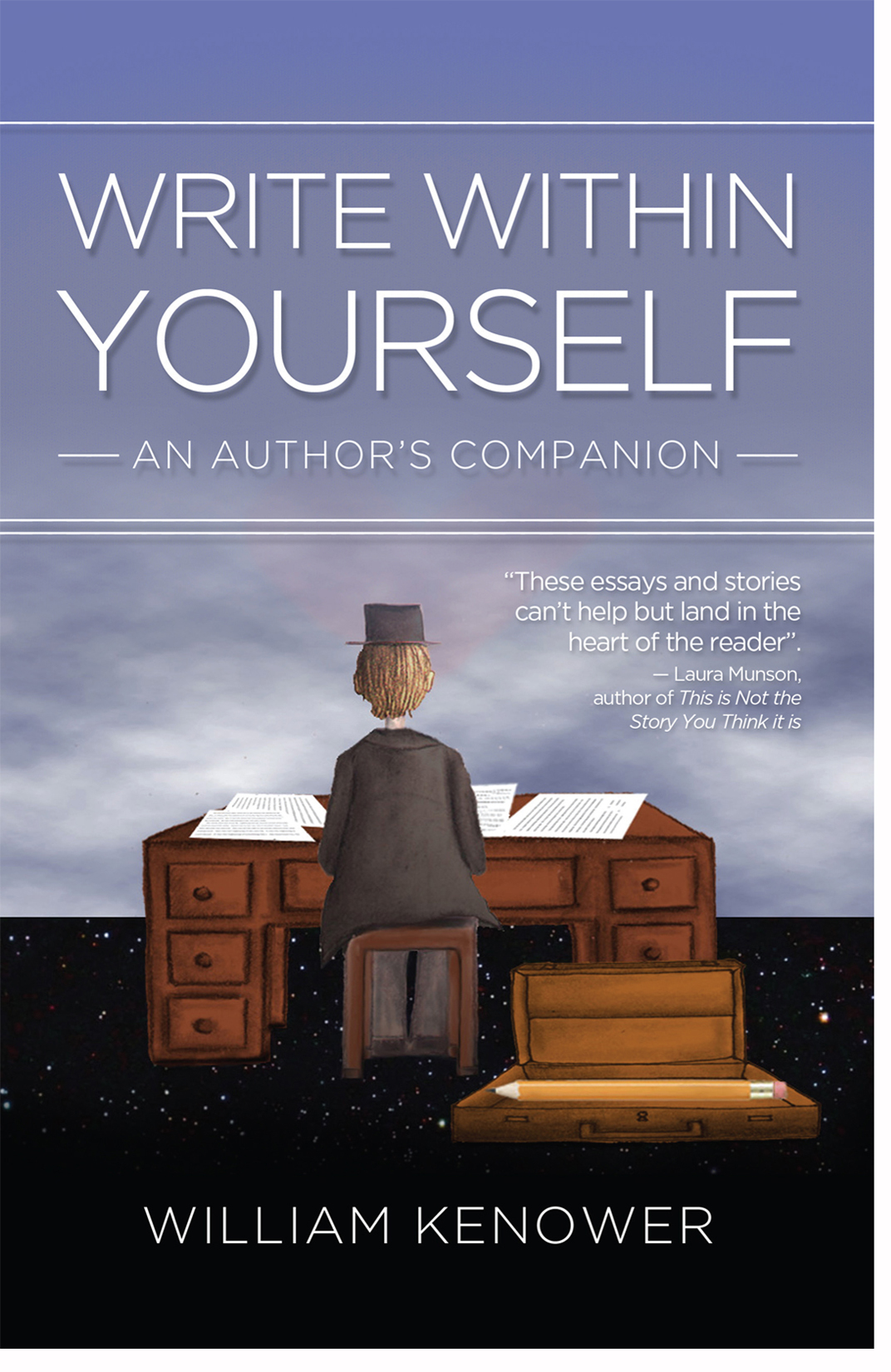Leaving Room
I was a high school senior and I had lots of big ideas and lots of big emotions but none of those emotions seemed to translate onto the page no matter how many big words and big stories I put there. But I also was the co-editor of the yearbook, whose responsibilities apparently required two periods a day to fulfill. Of course, the yearbook was done and in the can by early March, so there I would be, day after day, sitting in the yearbook office with nothing to do, until one afternoon in late spring I decided to take a walk. I had never done such a thing. You weren’t supposed to. You had to get permission. But I did not get permission. I simply left. It was weirdly easy to do. So I strolled down to Thayer Street and into College Hill Bookstore. My friend Con, who was nearly three years older than I and had a beard, kept talking about someone named Elliott. I found Elliott, and there was this book about cats, which seemed silly, and then a Best Of Collection that was very slender and manageable and seemed like the sort of thing I might enjoy.
I began to read. How interesting. This Elliott fellow had very big ideas. Here he talked about disturbing the universe, and here measuring out your life in coffee spoons, and here the world ending, but the world was ending in what sounded like a children’s rhyme. It was all very simple in a way. It was poetry that was poetic but also sounded like conversation. And after reading it and reading it and reading it, not entirely understanding it but loving it and being mysteriously moved by it all the same, I put the book down and actually said out loud, “Oh. You can do that.”
It hadn’t occurred to me how powerful that simplicity could be. The simplicity left empty space that I had been trying to fill with big words and big stories. The empty space was where the readers could find their way into the story or poem. That was where the bigness came from. Not from me, but from the combination of the reader and me. You don’t try to say everything, you say a part of it and point the reader toward the rest. It all made sense.
And that was my first and best lesson in what we call craft.
 Write Within Yourself: An Author's Companion.
"A book to keep nearby whenever your writer's spirit needs feeding." Deb Caletti.
Write Within Yourself: An Author's Companion.
"A book to keep nearby whenever your writer's spirit needs feeding." Deb Caletti.
Remember to catch Bill every Tuesday at 2:00 PM PST/5:00 EST on his live Blogtalk Radio program Author2Author!
You can find Bill at: williamkenower.com

